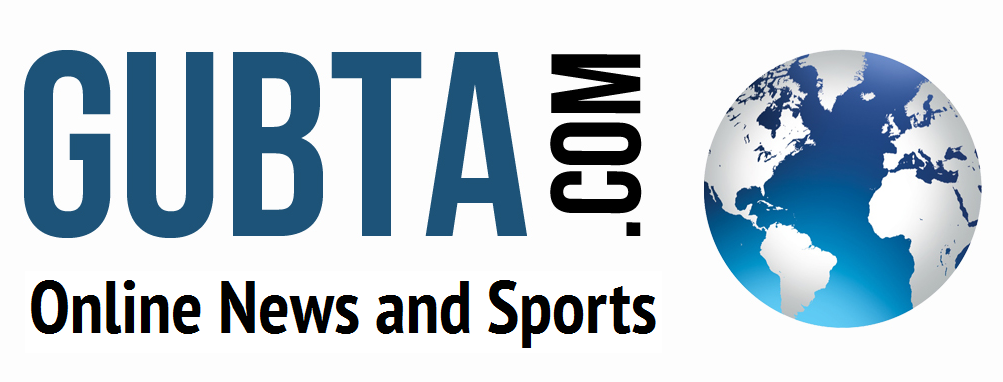Story highlights
- String of recent attacks fuels anxiety that old order is unraveling
- Europe is facing greatest threats in a generation
Questions we didn’t ask last summer: What next? Where will I be? Who will l know? Is my life less safe?
The attacks in Belgium, France and Germany amplify anxieties over Brexit, Frexit
, an unraveling of an order dictated by the European Union.
The fabric of cohesion offering peace, prosperity and security patiently woven over decades suddenly feels like a paper bag in a summer storm. Ready to rip.
As once D-Day landing ships disgorged allied liberators on Normandy’s beaches rescuing Europe from Nazism’s grim grasp, so today new nooses tighten — radical Islam and rampant nationalism.
The ghastly execution of a priest in a Normandy church
cinched the rope uncomfortably tighter.
The cord has been cutting deeper for a while now.
The day before the murder of a French priest near Rouen, a rock concert in Germany
was the target of a suicide bomber with allegiances to ISIS. Only the bomber dead, no disrespect for the injured but a moment where we might have breathed a little easier. It could have been so much worse.
The reality is: We were lucky, that was all.
The reality of Europe’s security struggles
After the IRA narrowly missed killing British Prime Minister Margaret Thatcher by blowing up the hotel where she was sleeping in Brighton 1986 they are reported as having said, “we only have to be lucky once, you have to be lucky every time.”
Today, Europe’s security services, particularly in the North, are struggling with precisely that same threat.
No matter how many attacks they thwart, others are coming. They are stretched. Man power is below what is required. To put one person under 24-hour surveillance consumes resources — 20 trained professionals to monitor that one suspect.
Across Europe several thousand young men and women have made their way to join ISIS in Iraq and Syria.
Jihadi threat
The lessons learned there from the past two decades of terror camps in Afghanistan and Pakistan form the basis of an ISIS fighter’s training. The alliances forged between jihadists become trusted international networks when they return home.
Be it Britain, Belgium, France, Germany, Denmark, to name but a few, all are barely gripping the new jihadi threat.
A task made much harder by those Islamist extremists who never move and silently aspire to the terror group’s nihilistic ideology. These lone wolves are often far more difficult to find and control.
Nowhere in Europe, perhaps with the exception of Britain and the IRA and possibly Spain and ETA (a Basque separatist group), has a threat of this scale manifested since the Normandy landings.
The problem reaches far beyond security. It has permeated our politics — and that complicates the response.
Immigration in EU under fire
Who remembers what came first: the bomb or the migrant? It barely matters, fears of both and the promise of more cloud even the clearest of minds.
In offering homes to Syrian refugees, Angela Merkel was lauded for her moral certainty then lambasted for opening Germany’s doors
to trouble. In the past week that fear materialized in the shape of random attacks has arrived in spades. Not as deadly as in France but just as politically corrosive.
Nationalists from Scandinavia to Sicily see each tragic event as a step on their own rise to respectability. Validation their scare mongering was right — that migrants and outsiders are bad — the reason they believe their own divisive views should be heard and supported.
These far-right politicians urge repression, regression disguised as a vision that strikes back. A feel-good factor to take away today’s hurt at the expense of piling on pain later. We don’t have to go back much before Normandy to know what that looks like.
The struggle to tackle the threat is slower than might be imagined.
Merkel and her French counterpart President Francois Hollande — never mind Britain and Belgium — have different views on Europe.
The pair don’t see eye to eye on migrants and refugees, and yet must, to tackle the growing ISIS menace find common ground beyond security. Counter Terrorism cooperation can be a beginning, but is not an end in itself.
A coordinated approach must take shape or risk dividing Europe.
The solution lies beyond borders
And therein lies the rub. Finding a way for these EU nations to comprehensively tackle a mutual threat. A threat that sees no international borders, no difference between Paris and Brussels, Copenhagen and Berlin.
Nationalism and isolationism won’t be the answer. That road leads to division and cycles of destruction. We’ve traveled that route before.
As ISIS loses ground at home, they are upping their rhetoric to reach “soldiers” with the same misguided ideals overseas. The slaughtering of Christian clergy in their place of worship is evidence of this — a hope of kindling a Christian backlash, and so trigger a war of religions on Europe’s soil.
And so we must hold our hate. In the words of Michelle Obama, when talking about U.S. politics, “as they lower their game so we must raise ours.”
This will take collaborative thinking, not just mutually supportive rhetoric. These past weeks it feels no national leader has spoken without pausing first to offer moral support to an EU neighbor grieving a loss to terror.
As we tackle the symptoms we must grasp the cause. The problem transcends our borders and so must the solution.
At a time of weakness, Europe faces its greatest threats in a generation. Only in unity shall we rise to the challenge. Uncouple our economies if we must but don’t let this terror divide us.

